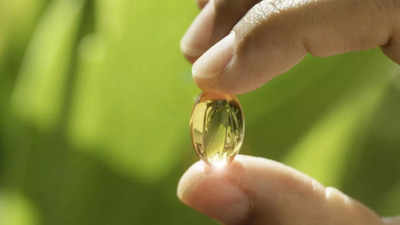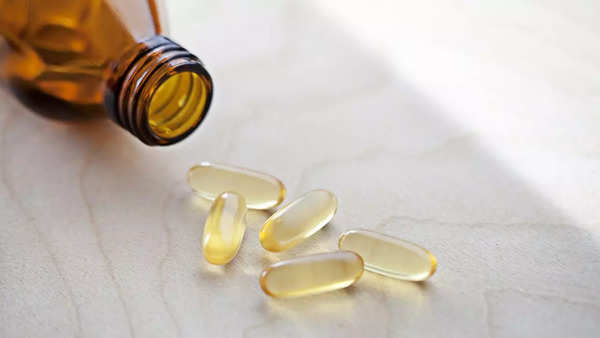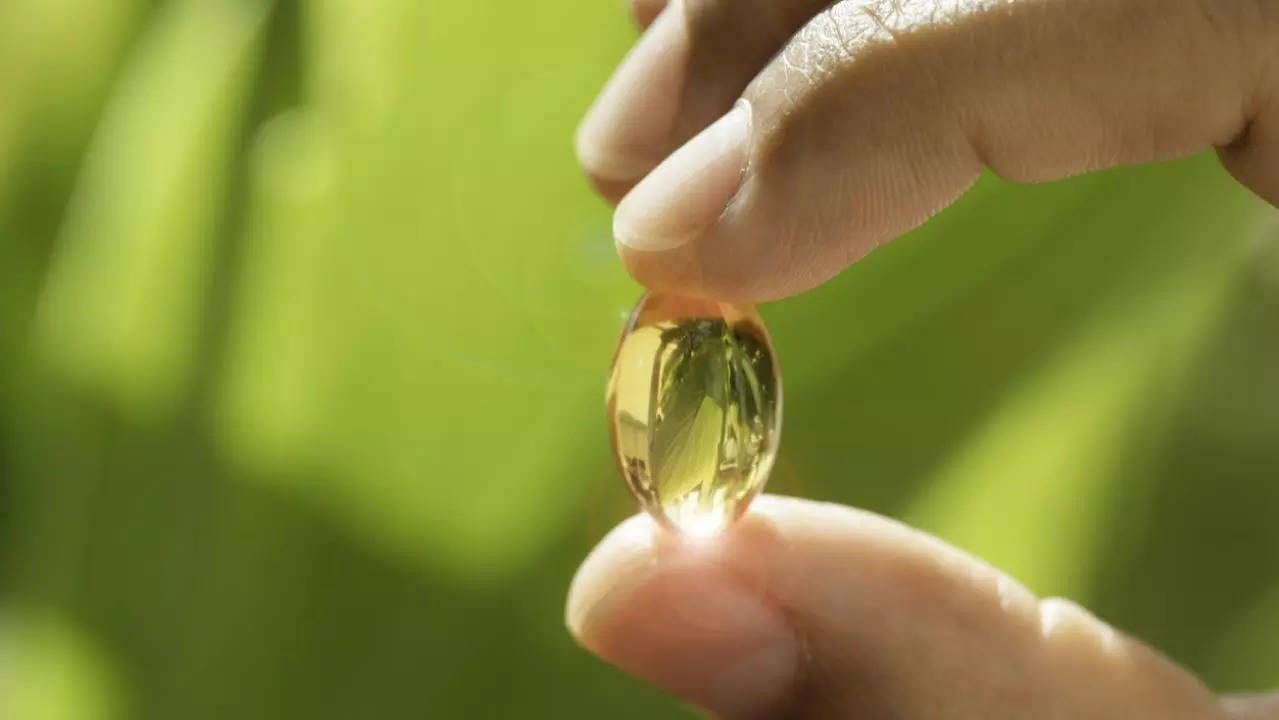Vitamin E is a valuable nutrient for the body that plays an important role in preventing blood clots, protecting your cells from oxidative damage, and supporting immune function. It is also quite useful for your skin and prevents it from damage with its wonderful antioxidant properties. Vitamin E can be added to the diet by eating seeds, nuts, vegetables and fortified foods, however, in case of deficiency, supplements are recommended.
Vitamin E can help improve lung function, brain health, liver health and also relieve menstrual pain as per several studies. However, one should try to get this nutrient from natural sources like almond, sunflower seeds, spinach, kiwi, tomato among others. Vitamin E supplements shouldn’t be started without consulting an expert as too much of it can cause Vitamin E toxicity which can lead to dangerous symptoms.
How much Vitamin E to consume per day?
In general people are advised to consume around 15 mg of vitamin E per day, and the largest daily intake that is considered safe is 1,100 mg a day.
What is Vitamin E toxicity?
Vitamin E is a fat-soluble vitamin and is stored in the liver and fatty tissues for long periods of time. This can make it harder for the body to get rid of large amounts of vitamin E, which can raise the risk of toxicity.
This happens when a person exceeds the safe intake of Vitamin E which means consuming it more than 1100 mg a day.
Doing so can lead to both mild as well as deadly symptoms ranging from nausea, fatigue to brain stroke, bleeding, and muscle weakness. Vitamin E toxicity can only happen to people who overdose on its supplements and it’s not normally possible to get it by overconsuming Vitamin E rich foods. Vitamin E toxicity can be more serious for people who are already taking anticoagulants or antiplatelet.
Serious bleeding
High-dose vitamin E intake is known to inhibit vitamin K-derived coagulation factor synthesis, which can cause serious bleeding events such as gastrointestinal bleeding and intracranial hemorrhage.
Interaction with medicine
Vitamin E supplements in excess can interact with certain medications like blood thinners aspirin and warfarin They can also interfere with tamoxifen, a drug used to treat breast cancer, and cyclosporine, an immunosuppressant used by organ transplantation patients.
Higher risk of death
A study published in JAMA says excessive vitamin E intake can lead to higher risk of death from any cause, however there isn’t sufficient research around it.
Mild symptoms of Vitamin E toxicity
Nausea, headache, diarrhea, abdominal cramps and fatigue are some of the mild symptoms people may experience if having more than the recommended amount.
Severe symptoms of Vitamin E toxicity
Excessive bleeding, hemorrhagic stroke, and prostate cancer could be some of the severe effects of taking too much Vitamin E.
Treatment
A minor vitamin E toxicity can be resolved by discontinuing the supplement use. More serious complications can require medical intervention.
(Picture courtesy: iStock)
Vitamin D & Iron Supplements: Benefits & Hidden Side Effects
I’m Manas Ranjan Sahoo: Founder of “Webtirety Software”. I’m a Full-time Software Professional and an aspiring entrepreneur, dedicated to growing this platform as large as possible. I love to Write Blogs on Software, Mobile applications, Web Technology, eCommerce, SEO, and about My experience with Life.





